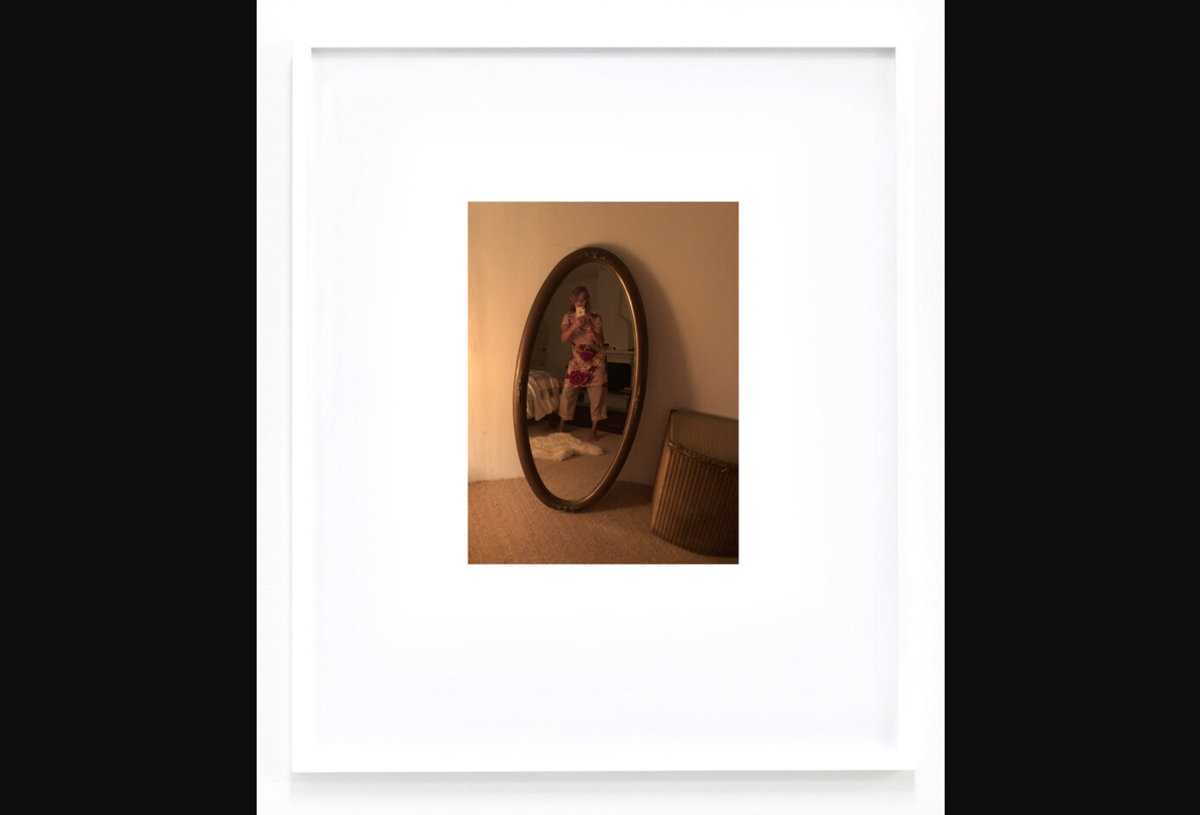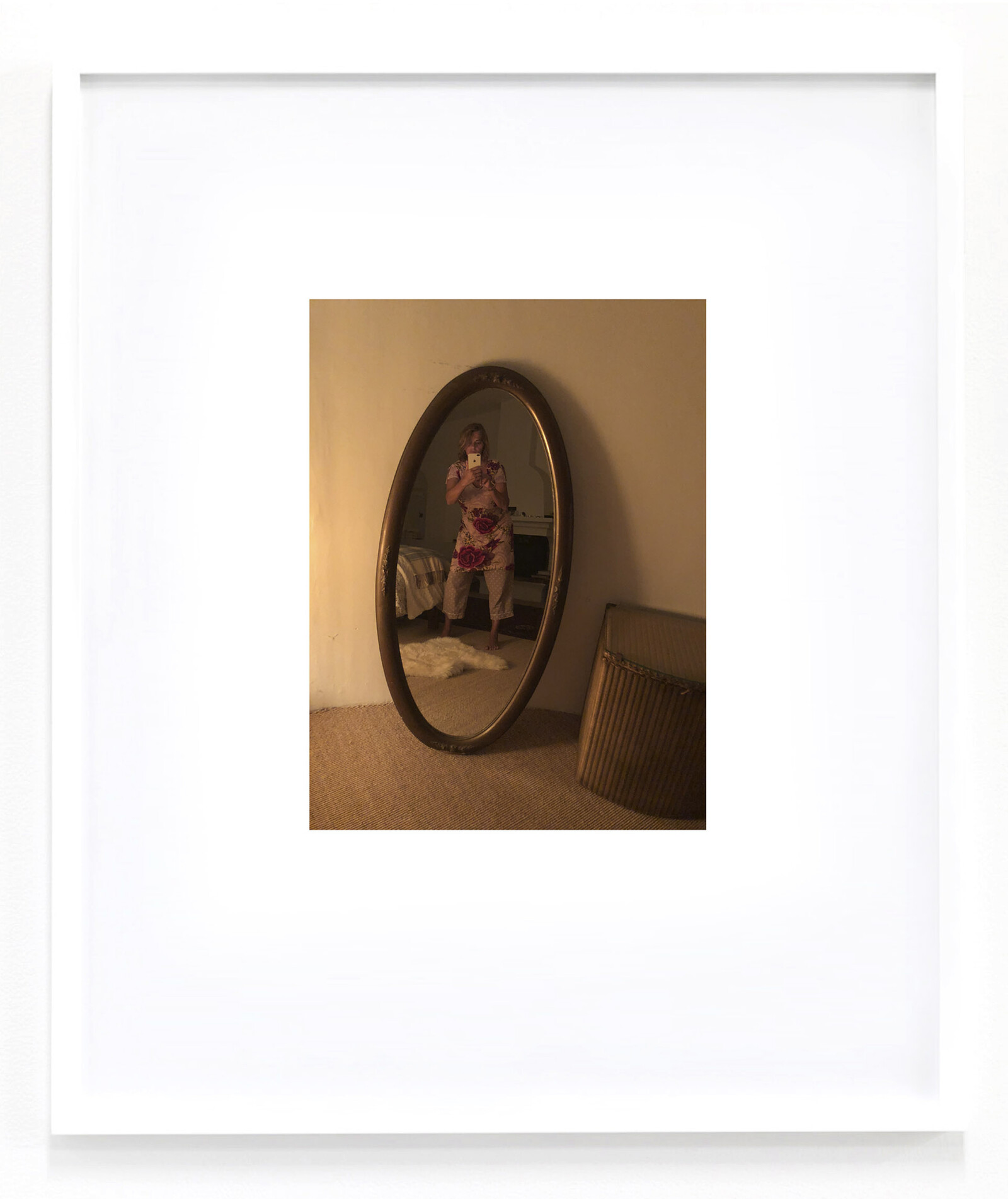277 Grand Street, 2nd Floor
10002 New York New York
US
Hours: Thursday–Sunday 1–6pm
T 718 483 0815
carriagetradeny@gmail.com
Artists: Peggy Ahwesh, Barbara Bloom, Canal Street Research Association, Tracey Emin, Dan Graham, Wade Guyton, Louise Lawler, B. Wurtz.
Founded in 2008, for the past 15 years Carriage Trade’s programming has focused on contemporary aesthetic, social, political concerns while featuring the work of historical, established, and under-known artists.
Through combining the non-commercial mission of a non-profit, the programming flexibility of a small gallery, and the historical scope of a museum, Carriage Trade’s thematic exhibitions aim to provide a broad cultural context for the artists we present while emphasizing interconnectedness and shared sensibilities evident in the relationship of their work to the theme of any given exhibition.
For Carriage Trade’s 15th anniversary benefit editions, we’ve returned to a format similar to our first benefit edition produced in 2008 (and again in 2018) with the artist and writer Dan Graham. We asked several other artists who’ve contributed to past benefits to be part of this set of 15th anniversary benefit editions, with the proceeds lending critical support for upcoming exhibition programming, publications, and events. Visit here for additional images and information. For pricing and avaibility please email: carriagetradeny [at] gmail.com.
Upcoming exhibition
Color Photographs from the New Deal, 1939-1943 opening February 8, 2024. For the first exhibition following Carriage Trade’s 15th anniversary, we are pleased to re-present Color Photographs from the New Deal, 1939–1943, orginally exhibited at 62 Walker street in 2012. Including many new selections of color photographs from the Library of Congress archive, the show will also incorporate documentation of labor movements (the Southern Tenant Farmers Union and the Chinese Hand Laundry Alliance in NYC, among others), as well as strikes and protests from the 1930’s and 40’s which collectively identify the significance of extragovernmental popular movements in helping shape the progressive economic reforms of the New Deal period.









